Highway deal taken to Supreme Court
The Infrastructure Ministry wants the Supreme Court to block publication of the Horgoš-Požega highway contract.
Thursday, 16.08.2007.
12:53

The Infrastructure Ministry wants the Supreme Court to block publication of the Horgos-Pozega highway contract. The Infrastructure Ministry, headed by Velimir Ilic, filed charges with the Serbian Supreme Court on May 22 to annul the request of Rodoljub Sabic, the public information trustee, which calls for the ministry to make public the contract for concessions it signed for the construction of the Horgos-Pozega highway. Highway deal taken to Supreme Court The charges brought by the ministry are currently being investigated and will be ruled on by the Supreme Court. Sabic expects the charges to be dismissed because the provisions for keeping the contract secret are unconstitutional and illegal. The contract was signed on March 30 at the Serbian government headquarters by Ilic and the Spanish-Austrian consortium FCC-Alpina. Tension between the minister and Vojvodina Parliamentary Speaker Bojan Kostres has continued since then. Other ministers and Trustee Sabic have also called for the contract to be made public. According to Supreme Court spokesperson Vesna Dabic, the charges brought by the ministry have yet to reach the relevant judicial body. “Currently, the charges are still at the preliminary stage at the Supreme Court. We are making sure that it is in order, that’s to say, that there are no discrepancies." "Should any be discovered, it will be returned to the prosecutor to correct, and if there are no discrepancies, it will go to the Supreme Court which will rule on the matter." On the basis of precedent, Rodoljub Sabic believes that the charges will be dismissed because it is the legal right of Serbia’s citizens to know certain details. “I am 100 percent confident that the charges will be dismissed. In 16 such cases where the Supreme Court has ruled against trustees’ decisions, the Supreme Court has dismissed the charges every time. But, let’s not speculate, we’ll wait and see,” he said. It is unclear what in the contract could be deemed secret. There has been speculation in the media that the reason could be the manner of regulating the banking guarantees, which have been drastically decreased. Foreign concessionaires call on article 42.2 of the contract, which states that the contents of the contract cannot be made public without the approval of the foreign partners. According to Sabic, that should not have happened. “It is so uncommon and contrary to our laws, to good practices both here and around the world, for such an agreement to be kept completely secret, that we could be talking about recklessness on the part of the foreigners. He too should have taken into account that it is simply improper for a European country to undertake such a commitment,” said Sabic. FCC-Alpina has undertaken to build the entire left lane of the highway from Horgos to Novi Sad in three years—some 107 kilometers—and to maintain the part of the highway from Belgrade to Novi Sad, as well as to build the 148 kilometer stretch from Belgrade to Pozega. As compensation for the work, the consortium will receive road tolls from the highways for 25 years. However, it is unclear whether the concessionaire will be entitled to finance the construction of the Belgrade-Pozega section with the income from the Horgos-Belgrade section tolls, nor what the completion deadlines are. The Supreme Court’s ruling is binding, although the law does not envisage any sanctions for failure to comply. To recap, Ilic yesterday said that the contract could only be made public via a government ruling, as making the contract public would violate its contents, thus forcing the government to pay hefty damages. In Ilic’s words, “the Law on Concessions is Holy Scripture for us.”
Highway deal taken to Supreme Court
The charges brought by the ministry are currently being investigated and will be ruled on by the Supreme Court.Šabić expects the charges to be dismissed because the provisions for keeping the contract secret are unconstitutional and illegal.
The contract was signed on March 30 at the Serbian government headquarters by Ilić and the Spanish-Austrian consortium FCC-Alpina.
Tension between the minister and Vojvodina Parliamentary Speaker Bojan Kostreš has continued since then. Other ministers and Trustee Šabić have also called for the contract to be made public.
According to Supreme Court spokesperson Vesna Dabić, the charges brought by the ministry have yet to reach the relevant judicial body.
“Currently, the charges are still at the preliminary stage at the Supreme Court. We are making sure that it is in order, that’s to say, that there are no discrepancies."
"Should any be discovered, it will be returned to the prosecutor to correct, and if there are no discrepancies, it will go to the Supreme Court which will rule on the matter."
On the basis of precedent, Rodoljub Šabić believes that the charges will be dismissed because it is the legal right of Serbia’s citizens to know certain details.
“I am 100 percent confident that the charges will be dismissed. In 16 such cases where the Supreme Court has ruled against trustees’ decisions, the Supreme Court has dismissed the charges every time. But, let’s not speculate, we’ll wait and see,” he said.
It is unclear what in the contract could be deemed secret.
There has been speculation in the media that the reason could be the manner of regulating the banking guarantees, which have been drastically decreased.
Foreign concessionaires call on article 42.2 of the contract, which states that the contents of the contract cannot be made public without the approval of the foreign partners.
According to Šabić, that should not have happened.
“It is so uncommon and contrary to our laws, to good practices both here and around the world, for such an agreement to be kept completely secret, that we could be talking about recklessness on the part of the foreigners. He too should have taken into account that it is simply improper for a European country to undertake such a commitment,” said Šabić.
FCC-Alpina has undertaken to build the entire left lane of the highway from Horgoš to Novi Sad in three years—some 107 kilometers—and to maintain the part of the highway from Belgrade to Novi Sad, as well as to build the 148 kilometer stretch from Belgrade to Požega.
As compensation for the work, the consortium will receive road tolls from the highways for 25 years.
However, it is unclear whether the concessionaire will be entitled to finance the construction of the Belgrade-Požega section with the income from the Horgoš-Belgrade section tolls, nor what the completion deadlines are.
The Supreme Court’s ruling is binding, although the law does not envisage any sanctions for failure to comply.
To recap, Ilić yesterday said that the contract could only be made public via a government ruling, as making the contract public would violate its contents, thus forcing the government to pay hefty damages. In Ilić’s words, “the Law on Concessions is Holy Scripture for us.”










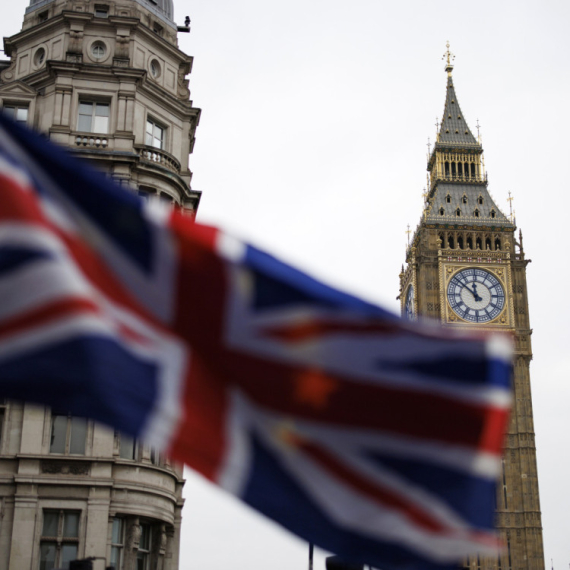



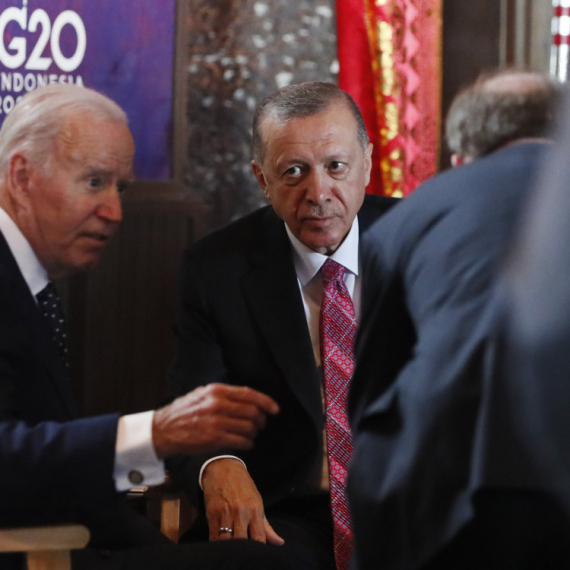
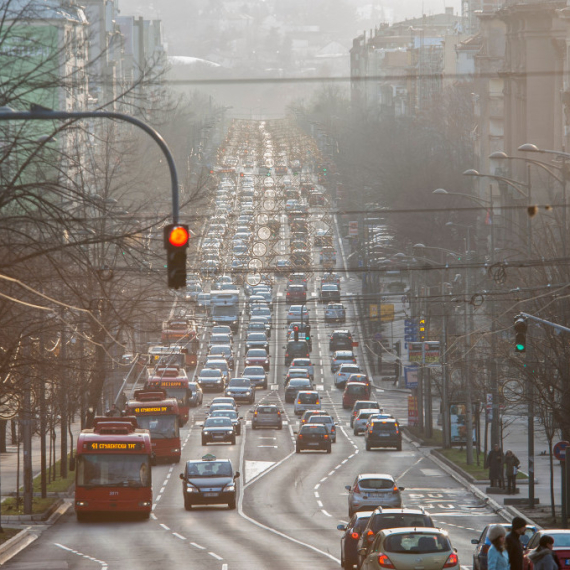
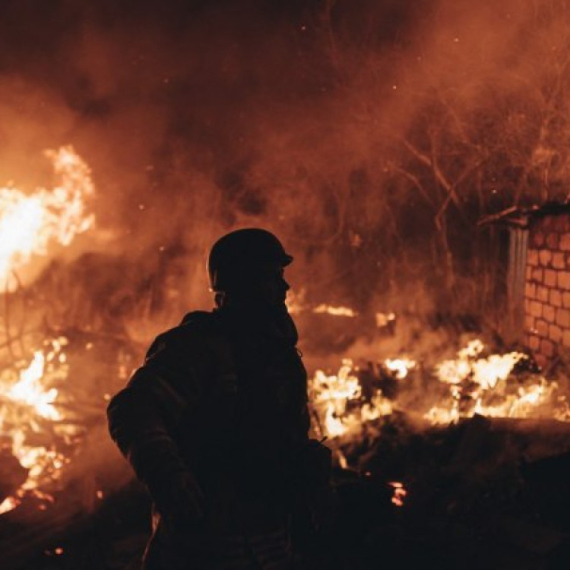

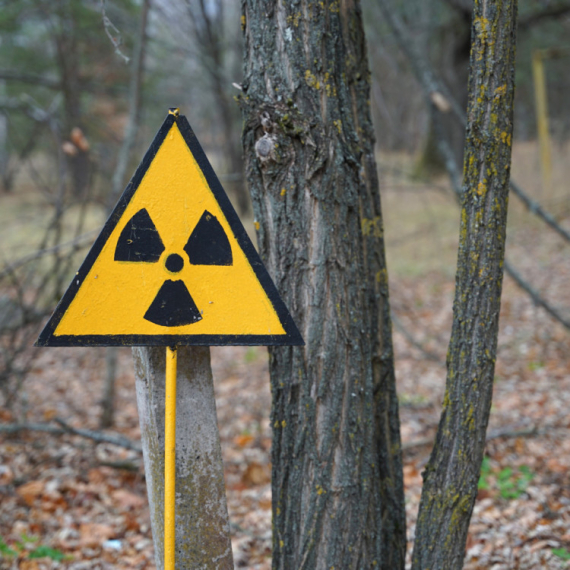

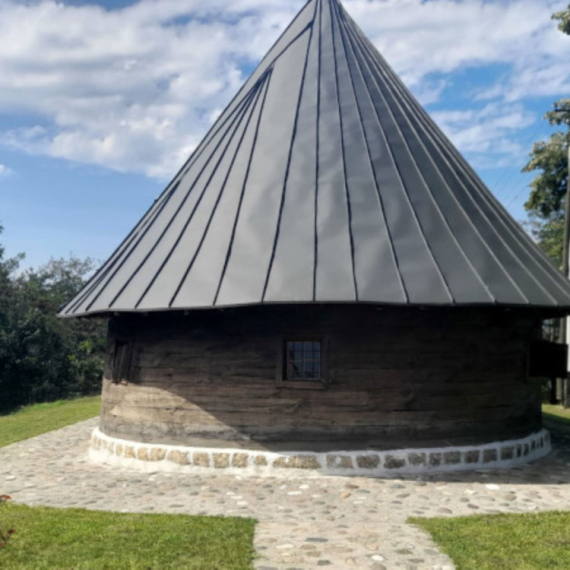
















Komentari 5
Pogledaj komentare